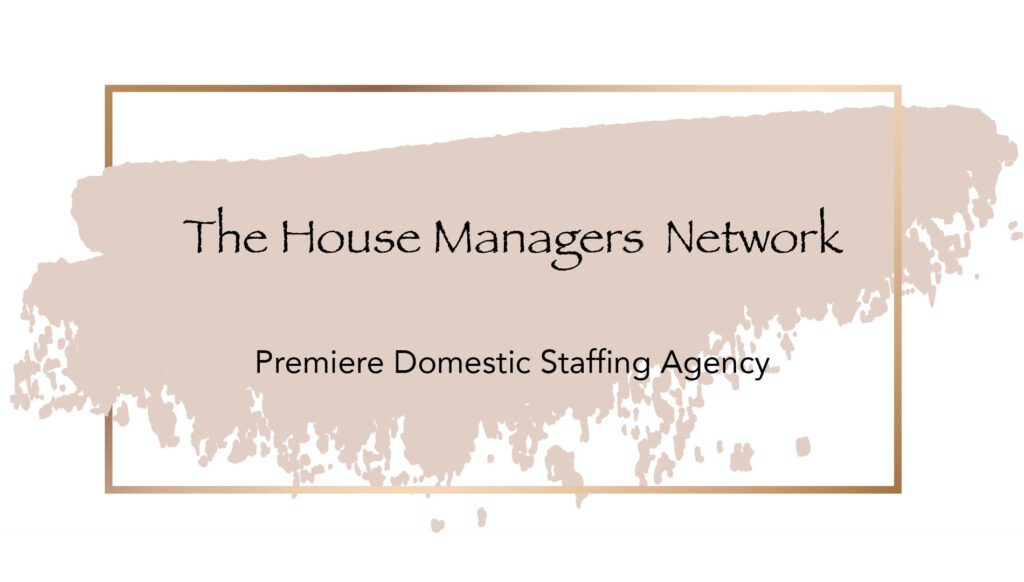
In the private sector, working as a personal assistant demands not only exceptional organizational skills but also strong communication and rapport-building abilities with your employer. Establishing a harmonious working relationship, clear channels of communication, and mutual respect are crucial for success in this role. Whether you’re new to the position or looking to enhance your existing skills, here are key strategies to build robust communication and rapport with your employer as a personal assistant.
## Understanding Your Employer’s Preferences and Needs
1. **Adaptability and Flexibility:** Flexibility is vital in catering to your employer’s working style. Observe their preferences regarding communication mediums (emails, calls, messages), work hours, and methods of task organization. Adapt to these preferences to streamline your collaboration.
2. **Identify Priorities:** Understand your employer’s priorities and long-term goals. Align your tasks and communication efforts to support these objectives. Regularly discuss and update your understanding of their changing needs to stay aligned.
3. **Anticipate Needs:** Proactively anticipate your employer’s needs. By understanding their workflow and priorities, you can prepare in advance, saving time and showing your proactive approach to support.
## Effective Communication Strategies
1. **Clear and Concise Communication:** Be articulate and precise in your communication. Use clear language, avoid jargon, and ensure your messages are concise yet comprehensive. This prevents misunderstandings and confusion.
2. **Active Listening:** Pay attention when your employer communicates. Practice active listening by maintaining eye contact, nodding, and summarizing key points to ensure you understand their instructions or concerns accurately.
3. **Regular Check-ins:** Establish regular check-in meetings to discuss ongoing tasks, priorities, and upcoming projects. These meetings foster open communication, allowing both parties to address any issues or adjustments needed promptly.
4. **Use of Technology:** Leverage technology tools like scheduling apps, project management software, or communication platforms to streamline processes and maintain efficient communication.
## Building Rapport and Trust
1. **Professionalism:** Maintain a high level of professionalism in all interactions. Respect confidentiality, meet deadlines consistently, and demonstrate reliability to earn trust.
2. **Show Initiative:** Don’t hesitate to propose solutions, ideas, or improvements when appropriate. Demonstrate your commitment to the role by taking initiative without overstepping boundaries.
3. **Understanding Personal Boundaries:** Respect your employer’s personal boundaries and work-life balance. Avoid contacting them during non-work hours unless it’s an urgent matter agreed upon in advance.
4. **Cultural Awareness:** Be sensitive to cultural differences and preferences. Understand and respect diverse communication styles and customs to avoid misunderstandings.
## Problem-Solving and Adaptability
1. **Solution-Oriented Approach:** When faced with challenges or obstacles, approach them with a solution-oriented mindset. Propose alternatives or seek guidance while presenting well-thought-out options.
2. **Adapt to Changes:** The business environment can be dynamic. Embrace changes in tasks, priorities, or communication methods and adapt quickly to meet evolving needs.
## Building a Long-Term Relationship
1. **Invest in Relationship Building:** Cultivate a positive relationship beyond work tasks. Show genuine interest in their well-being and aspirations, creating a more personal and trustworthy bond.
2. **Seek Feedback:** Request feedback regularly to understand areas of improvement. Act on constructive criticism to enhance your performance continually.
3. **Celebrate Achievements:** Acknowledge milestones, accomplishments, or successful projects. Recognize and appreciate your employer’s trust and support, fostering a sense of mutual success.
## Conclusion
Becoming an indispensable personal assistant in the private sector involves more than managing tasks efficiently. Building strong communication and rapport with your employer is fundamental. By understanding their needs, communicating effectively, building trust, and adapting to changes, you can forge a robust professional relationship that contributes significantly to their success while advancing your career as a trusted personal assistant.
#PersonalAssistant #PrivateSectorPA #ExecutiveAssistant #CommunicationSkills #RapportBuilding #ProfessionalRelationships #AdminProfessional #EfficientCommunication #WorkplaceCommunication #TrustAndRapport #OfficeSupport #AdaptabilityAtWork #CareerGrowth #BusinessSupport #PAtoCEO #EffectiveCommunication #WorkplaceSuccess #TaskManagement #ProfessionalismMatters #SecretaryLife
